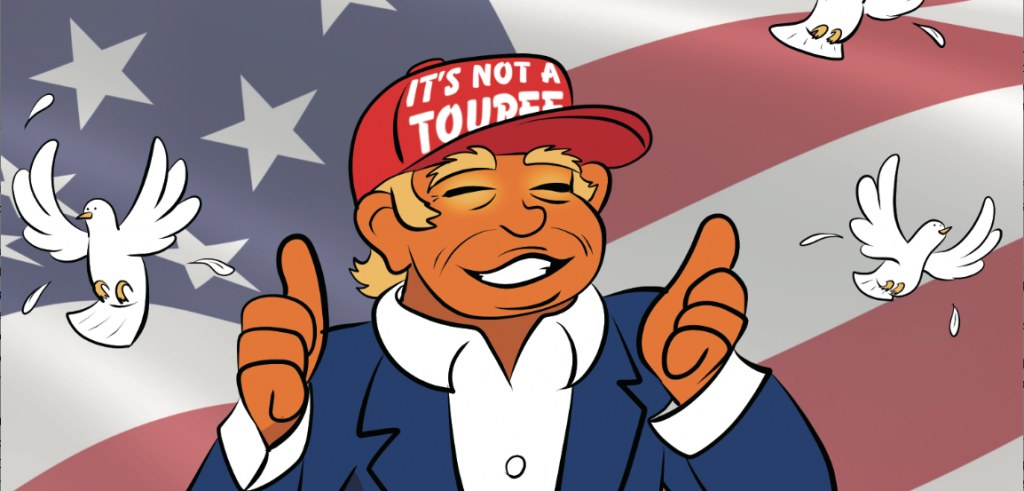
Kindness to one animal may be cruelty to another
By Jessica Berget, Opinions Editor
I’m all for protecting animals, believe me, but there is such a thing as caring for animals to the extreme, to the point where it contradicts even the best intentions. Especially when it comes to the more conventionally “cute,” small, and furry creatures.
You may have seen those feel-good viral videos of people saving animals from trouble, but in the hodgepodge of animal-rescuing videos, there is the occasional clip of someone saving prey from a predator. Although it may seem like a good idea at first, what people don’t often think about is that by saving these little critters from being another animal’s dinner, they could be putting other animals—namely the predators—and the ecosystem at risk.
For instance, one video I’ve seen in these animal compilations depicts a man saving a mouse from the grips of a snake. A nice (albeit dangerous) idea, but that snake has got to eat somehow, and now that its dinner has been taken away it must work harder to find its next meal. So, by saving one mouse, you may be putting that snake at risk of starvation.
Mice may be conventionally “cuter” than snakes (depending on who you ask), but that doesn’t mean its life is more important than the less conventionally-attractive animals. On the contrary, predators are a vital part of a healthy ecosystem. Furthermore, there are enough mice in the world as it is, and they are integral to a snake’s diet, not to mention the diets of many other predators. Saving a mouse won’t make much of a difference to the mouse because odds are it’s going to become food anyway, or the snake will just find another mouse to eat. It’s a tough pill to swallow but hey, that’s how the nature works, and who are we as humans to mess around with it because we deem one animal more aesthetically valuable than the other?
Prey and predators have a relationship that keeps our ecosystem healthy, and humans should leave it alone. “Predators choose vulnerable prey, leaving more food for the survival and prosperity of healthy prey animals. Also, by controlling the size of prey populations, predators help slow down the spread of disease … catching sick or injured animals helps in natural selection and the establishment of healthier prey populations as the fittest animals are left to survive and reproduce.”
Without predators, prey animals would be in harmful abundance, and when there is too many of a specific species, the environment suffers because of it. So, by not letting predators eat the prey that is an important part of the food chain, there is potential to interrupt the balance of nature. Of course, if it’s your pet or livestock in danger you have every right to protect it, but otherwise, let nature do its thing.


